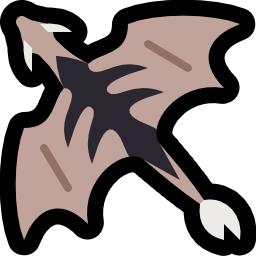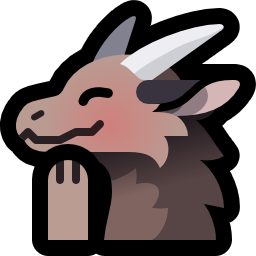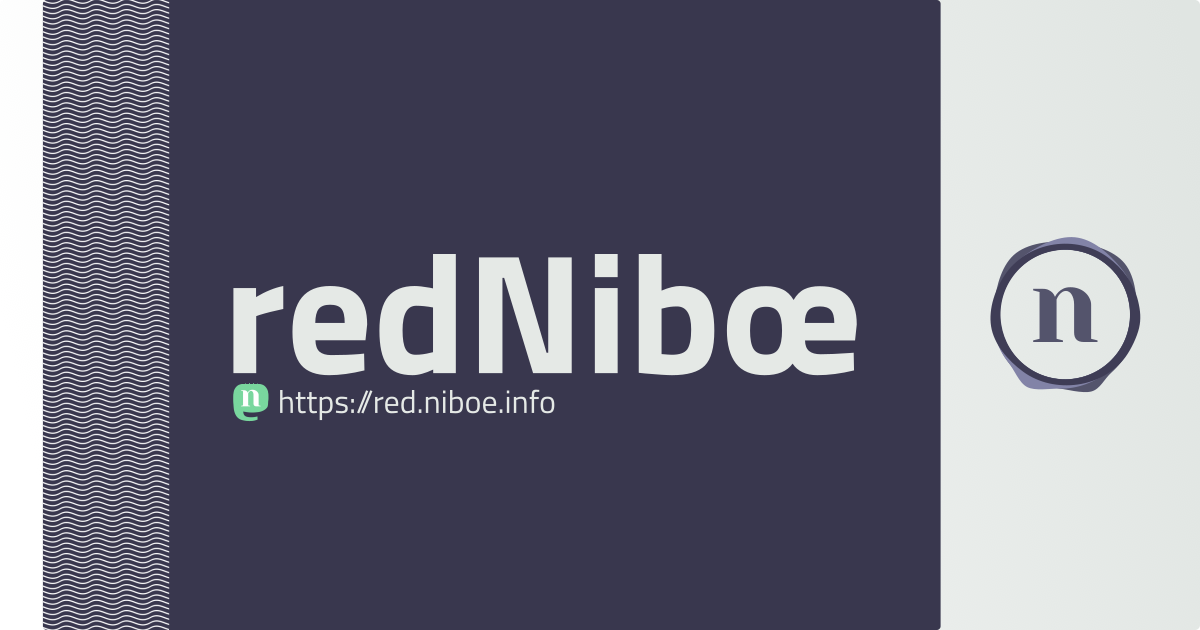
@open_science
🌍 Calling all #scientists #professors #PIs #teamleaders #PhDs #phD passionate about shaping the future of research! I am looking forward to form a scientific collective to initiate a more transparent way to do research, as we can work together to break barriers, share knowledge, and empower global scientific progress. 🧪🔬🚀
We will use a new platform #bonfire to lead this change!
Let's innovate 🌱🔍🤝 #ResearchForAll #openscience #opensource
@rmounce wrote a piece on this recently, and imo his conclusions are correct
"I talked about a tale of two open access journals catering for the same authors, one of which has author-side article processing charges (APCs): SoftwareX, and the other: Journal of Open Source Software (JOSS), which does not charge APCs.
they publish a high volume of papers, with over 300 in SoftwareX and over 400 in JOSS in 2023, challenging the notion that “diamond open access can’t scale”. However, that is where their similarities end.
Yet two proprietary journal indexers have not given these journals equal treatment. Scopus (Elsevier) and Web of Science (Clarivate) have accepted SoftwareX into their indexes but have refused to index JOSS, despite multiple applications from the JOSS team
The best solution here is not to beg for JOSS to be included in these proprietary indexes, but rather to call institutions and departments relying on Scopus and Web of Science to review and change their policies."
https://council.science/current/blog/open-science-round-up-january-2024/
Refusal to index JOSS is transparently an attempt to deter submissions to a journal that costs next to nothing to operate while providing high quality, collaborative, open peer review that perfectly matches the needs of the community it serves. JOSS is too compelling of an example of what waits on the other side after the abolition of commercial publishing - and refusal to index shows us what barriers remain to reach it.
Another #NotOpenAccess, this time from IOP Publishing (Journal of Physics: Condensed Matter)
"Subscription-based journals must insist on the 12-month embargo because immediate availability of peer-reviewed articles in public repositories removes the means of funding the journal’s costs of operation".
https://publishingsupport.iopscience.iop.org/questions/what-is-iop-publishings-green-open-access-policy/
Really???
(unless you are funded by the US Government, then THIS changes EVERYTHING)
Junto a @gabrielmuro tenemos el agrado de anunciar una nueva convocatoria para nuestra revista cultural digital Espectros.
Todxs invitadxs.
www.espectros.com.ar
I saw a big drama about a new AI word game.
People said it was ethical AI, that it was "harmless" and "just for fun" and didn't infringe on anyone.
You play it by combining two words to make a new word, e.g "Water" + "Fire" makes "Steam", "Shark" + "Hurricane" makes "Sharknado", etc.
I went to play it myself and it sure enough, it seemed harmless and the endless combinations were fun.
Then I found that "Palestine" + "Child" makes "Terrorist".
Poking around some stuff, I ended up finding this drawing that I never finished.
#dragonball #vegeta #MastoArt #desenho #fanart #releitura
Tuiter, un año y medio después, es un erial desprovisto de vida, un pueblo fantasma habitado por bots que hablan con bots, el cadaver en descomposición de lo que fue el ágora de internet, hoy desprovisto de significado y propósito.
Durante 3 días la empresa de ciberseguridad CHEQ monitorizó el tráfico de Tuiter. Tres cuartas partes eran bots, comparado con el 3% de otras redes. Uno de cada diez era un bot porno.
Introducing the Open Science Network 🔬
We're thrilled to be part of this initiative dedicated to building open and federated digital spaces to push the boundaries of open science and scholarly communication.
🔗 Explore more on the website: https://openscience.network
📢 Dive into the details in our announcement blog post: https://bonfirenetworks.org/posts/openscience_network/
@brembs @UlrikeHahn @jorge @open_science
#openscience
Me llena de orgullo y satisfacción poder participar en este nuevo proyecto de @raivenra :
El Podcast "Accesibilidad con Tecnologías Libres"
Aquí tenéis el feed :
https://accesibilidadtl.gitlab.io/feed
Y por aquí la web con las notas de los episodios, enlaces y métodos de contacto:
https://accesibilidadtl.gitlab.io/
PD: Este feed cuanta con las etiquetas del podcasting 2.0 person, transcript, socialInteract, así que si no tenéis un reproductor compatible, recordar que hay webs que os permiten reproducirlo con estás funciones
¿Crees que los investigadores/as podemos hacer todo lo que queramos? Te invito a leer mi nuevo libro #NoTodoVale (¿Qué hace un científico hablando de ética?) que publico con Next Door Publishers, donde te hablo de bioética de forma sencilla, para todo el mundo.
https://montoliu.naukas.com/2024/02/27/no-todo-vale-que-hace-un-cientifico-hablando-de-etica/
Los costes ocultos de la inteligencia artificial. Es una investigación que nos explica por qué no es ni tan artificial ni tan inteligente. Explotación de recursos naturales y explotación laboral, privacidad, igualdad.
Por si os interesa la ética de la inteligencia artificial y la tecnología en general con repaso histórico y buena narrativa. En inglés.
https://en.m.wikipedia.org/wiki/Atlas_of_AI
#InteligenciaArticial #Ética #LibroRecomendado #Leer #Tecnología
He estado trabajando en un pequeño solucionador de Kakuro en C++ por ocio. Kakuro, para quienes no lo conozcan, es como el hijo del Sudoku y el crucigrama. Aún no estoy muy seguro de qué estrategia utilizar para resolver el juego, estoy abierto a ideas. Quizás luego compare las estrategias para ver cuál es la más rápida.
Ayudame a compartir este pequeño agregador, y a recomendar más webs pequeñas.
- Website
- https://polimata.codeberg.page/
Preguntón profesional. Divulgador ocasional. Defensor de la ciencia lenta y abierta.


